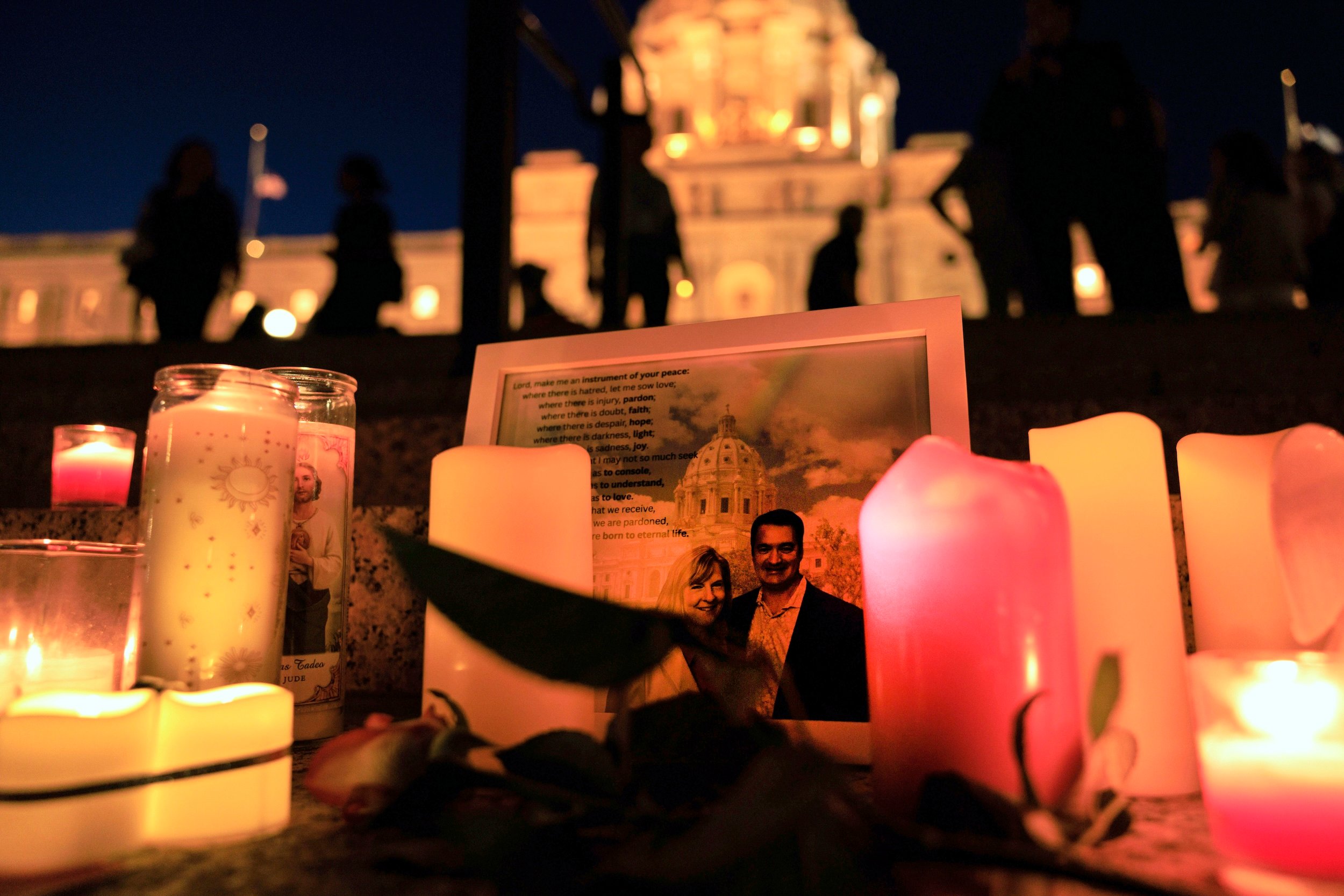In recent years, medical professionals have jumped into the debate over gun policy. In 2015, doctors’ groups issued a call to action on reducing firearm violence. Last year, hundreds more doctors joined the #ThisIsOurLane push against the National Rifle Association. But a new study shows that for all doctors’ talk about the need for tighter gun laws, the political action committees that represent them mostly contribute to pro-gun politicians.
According to the analysis published in The Journal of the American Medical Association, political action committees associated with medical professional organizations give money to more candidates with A-ratings from the NRA than candidates who lack that stamp of approval.
“The physicians who have been active are completely sincere, but other parts of these organizations, especially the PACs, have not prioritized firearm safety” said co-author Jeremiah Schuur, an emergency physician who teaches at Brown University Medical School.
Schuur, along with co-authors Hannah Decker, an Emory University medical student, and Olesya Baker, a Harvard health statistician, examined giving by the 25 largest medical groups during the 2016 election cycle in several ways: number of donations; dollar amounts given; whether recipients sponsored or voted for certain background check bills; and the NRA ratings of the candidates in question. In total, they broke down $9.7 million in contributions.
Schuur and his colleagues found that even medical associations that have proclaimed an interest in reducing gun deaths were more likely to support pro-gun politicians. Of the nine professional organizations that endorsed the 2015 call to action, the authors found that eight contributed more money to political candidates with A-ratings from the NRA than to those with lower NRA grades.
Medical groups also tended to give more generously to politicians who eschewed policies aimed at reducing gun deaths. For example, the PAC of the American Medical Association, one of the largest and most powerful doctor’s lobbies in the country, gave $315,000 more to the 277 members of the House of Representatives who didn’t support a 2015 bipartisan bill expanding the background check system than to the 166 who cosponsored the legislation. The AMA’s mean donation to members of the House who sponsored the bill was $604 lower than the mean donation to those who didn’t add their name to the proposal.
In total, medical groups gave $1.5 million more to the 386 congressional candidates with A-ratings from the NRA than to the 546 candidates with a rating from B to F.
In the wake of post-Parkland activism, some doctors have demanded the organizations that represent them stop donating to pro-gun politicians. The professional groups have countered that their decision to support political candidates takes into account their stances on a variety of issues, including doctor’s compensation and the Affordable Care Act.
In an emailed statement, the AMA’s president, Dr. Barbara L. McAneny, said: “The AMA is not a single-issue organization. We are a diverse organization with wide-ranging policies on matters such as the opioid epidemic, coverage for the uninsured, violence against women, telehealth, drug pricing, and, yes, guns. We know of no candidate or member of Congress who agrees with us on every one of the thousands of policies that guide the AMA’s advocacy.”
Schuur said the findings suggest that the PACs need to align themselves with the positions of their membership. “We would be disappointed if we saw them giving to politicians fighting for less regulation on tobacco,” he said. “And firearm injury and death is, along with opioid overdoses, the leading public health epidemic in our country.”


